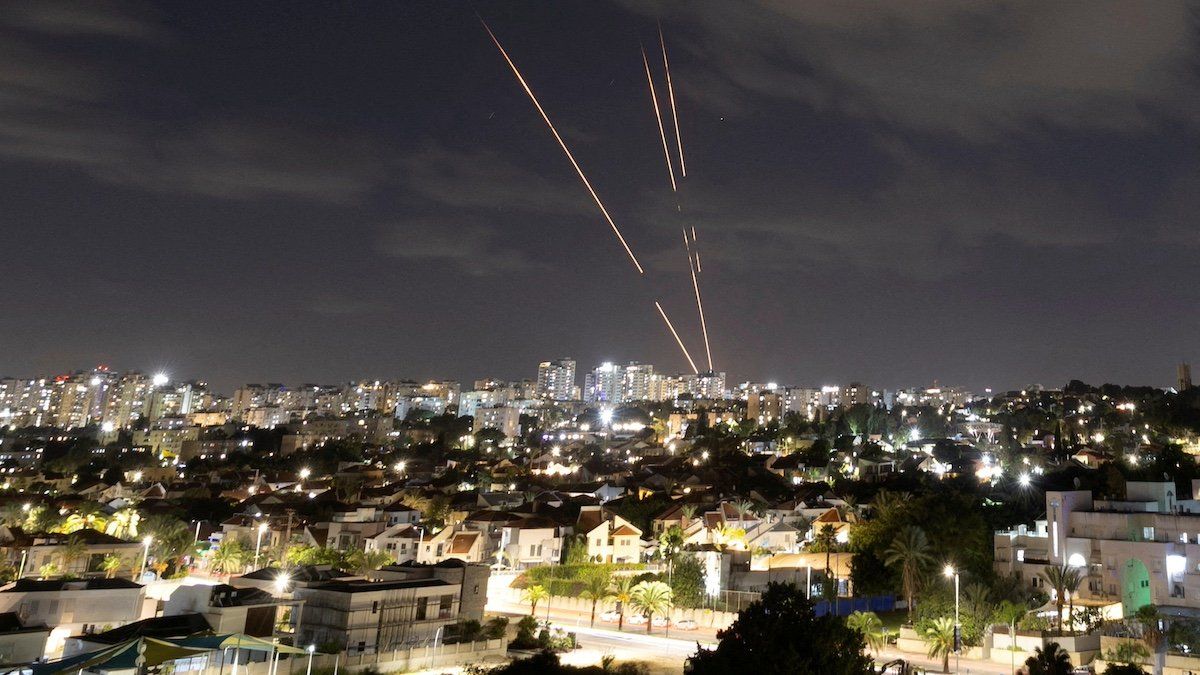Iran on Tuesday night launched a massive wave of ballistic missiles at Israel, in apparent retaliation for Israel’s recent devastating strikes against Iran-backed proxies across the region.
Most of the more than 180 missiles were shot down by Israeli and US systems, and as of this writing, no deaths were reported. The attack, coming just hours after Israel began a ground invasion of Lebanon, has raised acute fears of a widening war between Israel and Iran.
The UN Security Council will hold an emergency meeting to discuss the matter on Wednesday morning. Permanent members Russia and China are close with Iran, while the US, which backs Israel, earlier warned Tehran of “severe consequences” for any strikes.
This is the second time Iran has launched an attack like this. The first, in April, was a drone and cruise missile attack, which was largely repulsed in a similar fashion. The ballistic missiles used in this week’s wave travel faster, with less warning time.
The ball is in Israeli Prime Minister Benjamin Netanyahu’s court again. Iran seemed to signal that it didn’t want further escalation, tweeting that its airstrike operation was complete after an hour or so. But late Tuesday, Netanyahu said Iran had “made a big mistake,” vowing that Tehran “would pay for it.”
Netanyahu, rebounding in the polls, is eager to erase the stain of Oct. 7, 2023, and keen to seize the moment for a deathblow against what he calls “Iran’s Axis of Evil.” The fact that Iran’s ballistic barrages have hardly scratched Israel may only embolden him.
“Iran took a shot at Israel today,” says Cliff Kupchan, head of research at Eurasia Group and a longtime Iran-watcher, “that was a very dangerous move.”
“Israel is in a period of ‘maximum Bibi,’ a politically strong and hubris-filled Netanyahu will hit back hard. It’s going to be a tough week for geopolitics.”
